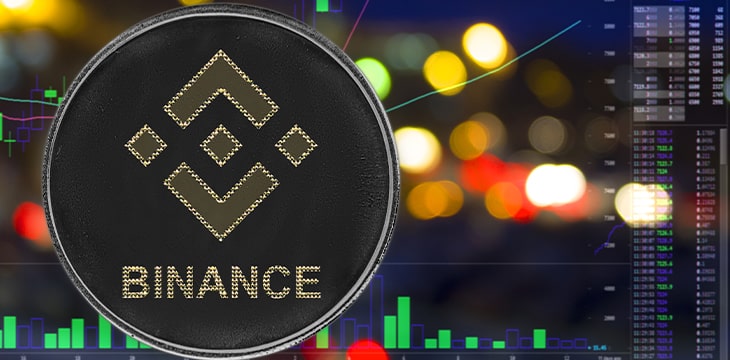|
Getting your Trinity Audio player ready...
|
The German financial regulator has said it has reasonable grounds to suspect cryptocurrency exchange Binance of violating securities laws over its tokenized stock trading service.
In a notice published by the Federal Financial Supervisory Authority, or BaFin, the regulator said it believed the Binance had offered “securities in the form of ‘shares token’ with the terms TSLA/BUSD, COIN/BUSD and MSTR/BUSD without the required prospectuses on the website.”
If upheld, this would constitute a breach of Germany’s securities laws, which among other things requires a prospectus to be published ahead of any securities offer.
“The public offering of securities without an approved prospectus constitutes – unless an exception applies – a violation of the prospectus obligation under Article 3 Paragraph 1 of the EU Prospectus Regulation. Contrary to Article 3 Paragraph 1 of the EU Prospectus Regulation, no prospectuses have been published for the public offers of Binance Deutschland GmbH & Co. KG. There are no indications of an exception to the prospectus requirement.”
While the regulator stopped short of setting out its plans for enforcement, the notice goes on to highlight the penalties for violations of the rules around prospectuses.
“A violation of the prospectus obligation constitutes an administrative offense according to § 24 Paragraph 3 No. 1 WpPG and can be punished with a fine of up to 5 million euros or 3 percent of the total turnover of the last financial year according to § 24 Paragraph 6 WpPG. Fines of up to twice the economic benefit derived from the violation can also be imposed.”
The news will come as the latest blow to Binance’s plans, which have attracted scrutiny from regulators throughout the European Union.
It remains to be seen whether BaFin will now proceed with enforcement action over the matter.
Follow CoinGeek’s Crypto Crime Cartel series, which delves into the stream of groups—from BitMEX to Binance, Bitcoin.com, Blockstream, ShapeShift, Coinbase, Ripple and Ethereum—who have co-opted the digital asset revolution and turned the industry into a minefield for naïve (and even experienced) players in the market.

 03-01-2026
03-01-2026 




